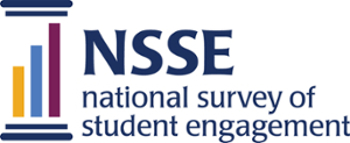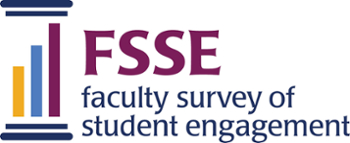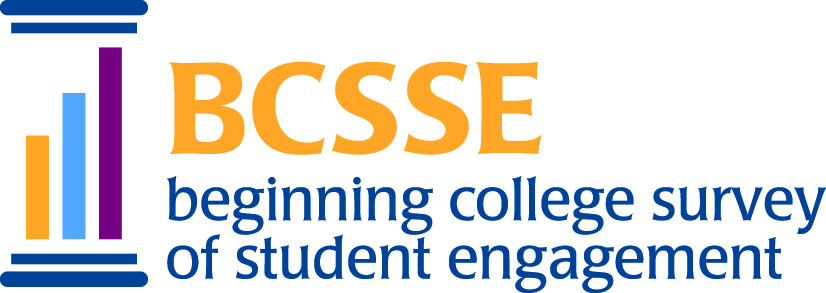National Survey of Student Engagement (NSSE)
The National Survey of Student Engagement (NSSE) documents the extent to which first-year and senior college and university students engage in educational practices that research has found to be related to learning and development. NSSE was created to accomplish two core objectives: (a) to refocus the national discourse about the quality of teaching and learning, and (b) to provide colleges and universities with diagnostic, actionable information that can inform efforts to improve the quality of undergraduate education. Since its first national administration in 2000, more than 1,500 bachelor's-granting institutions—from research universities to baccalaureate colleges—have adopted NSSE as an important component of their assessment programs. NSSE results inform accreditation self-studies, benchmarking efforts, faculty development programs, strategic plans, improvement initiatives, recruitment materials, and more.Director: Leonard Taylor








